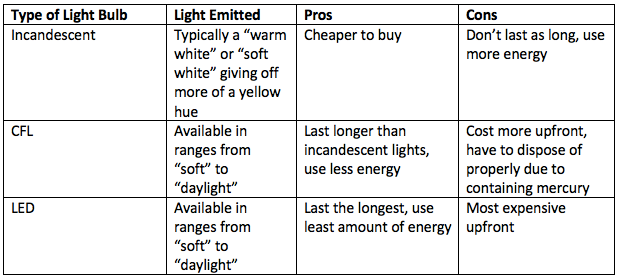Real Estate Terms to Know
- Tim Kraemer
- Nov 16, 2020
- 2 min read
Real Estate Terms to Know

Unless you work in the industry, real estate can be a confusing world. There are many terms thrown around, many rules/regulations/laws that need to be followed. Whether you are considering a doing remodel, a new build project, or becoming a home buyer or seller, the following are terms you should familiarize yourself with. Knowing these terms will help decrease the stress and frustration of the real estate world.
Agents
Buyer’s Agent: The agent representing the buying person(s).
Listing Agent: The agent representing the seller(s).
Dual Agency: When both buyer and seller are represented by the same agent-this is a situation you should avoid, if possible. Dual agents simply cannot effectively serve both sides in the sale. Dual agents are illegal in some states.
Mortgages
Fixed Rate: Mortgages that has a predetermined interest rate throughout the life of the loan.
Adjustable Rate Mortgages: Mortgages which have variable interest rates commonly for 5, 7, or 10 years.
Pre-Qualification: A pre-qualification letter from a lender is relatively easy to get and simply states the estimated borrowing ability of a buyer.
Pre-approval: A pre-approval letter is much more in depth and requires most of the documents/verification needed to get a mortgage loan. If you are selling do not settle for anything except a pre-approval letter.
Appraisal: When applying for a mortgage, the lender will require you have an appraisal of the home you want to buy. Licensed appraisers estimate a home’s value based on comparable homes that have sold in the area and an investigation of the property.
Selling/Buying Process
Offer: Once you have found the right home, you will put in an offer with the help of your agent.
Contingencies: When putting an offer on a house, the buyer can specify certain conditions that must be met before the deal will go through, these are called contingencies. A few of the most common contingencies are a financing contingency, an inspection contingency and an appraisal contingency.
Escrow Holdback: An agreement which allows the buyer to hold back some of the sellers proceeds in escrow. There are a variety of reasons this may happen, for example if a seller is not done with repairs, the buyer can hold back some proceeds until the repairs are done.
Closing Costs: Be prepared that there are a lot of fee involved when purchasing a home. Closing costs will typically amount between 2-5% of the purchase price of the home (not including the down payment). Typically, fees include excise tax, loan-processing costs and title insurance.
Title Insurance: Once the seller has excepted your offer, you should receive a home title report. Mortgage lenders requires you to pay title insurance as part of closing costs. Title insurers search the public record and make sure the home seller actually had rights to the title of the home.
These terms are just a glance at the world of real estate language. These will offer you a starting base of knowledge, but be aware that there are many more terms out there! That’s where you agent comes in to play, to help you understand the process and help you along the way!




Comments